
The Beginning: Charlie and the Dream
He was on this monstrous bridge. It didn’t connect one place to another place though, as bridges normally do. It just existed in space. In this magnificent, neverending sky. A sky that surrounds the bridge. A sky that surrounded…
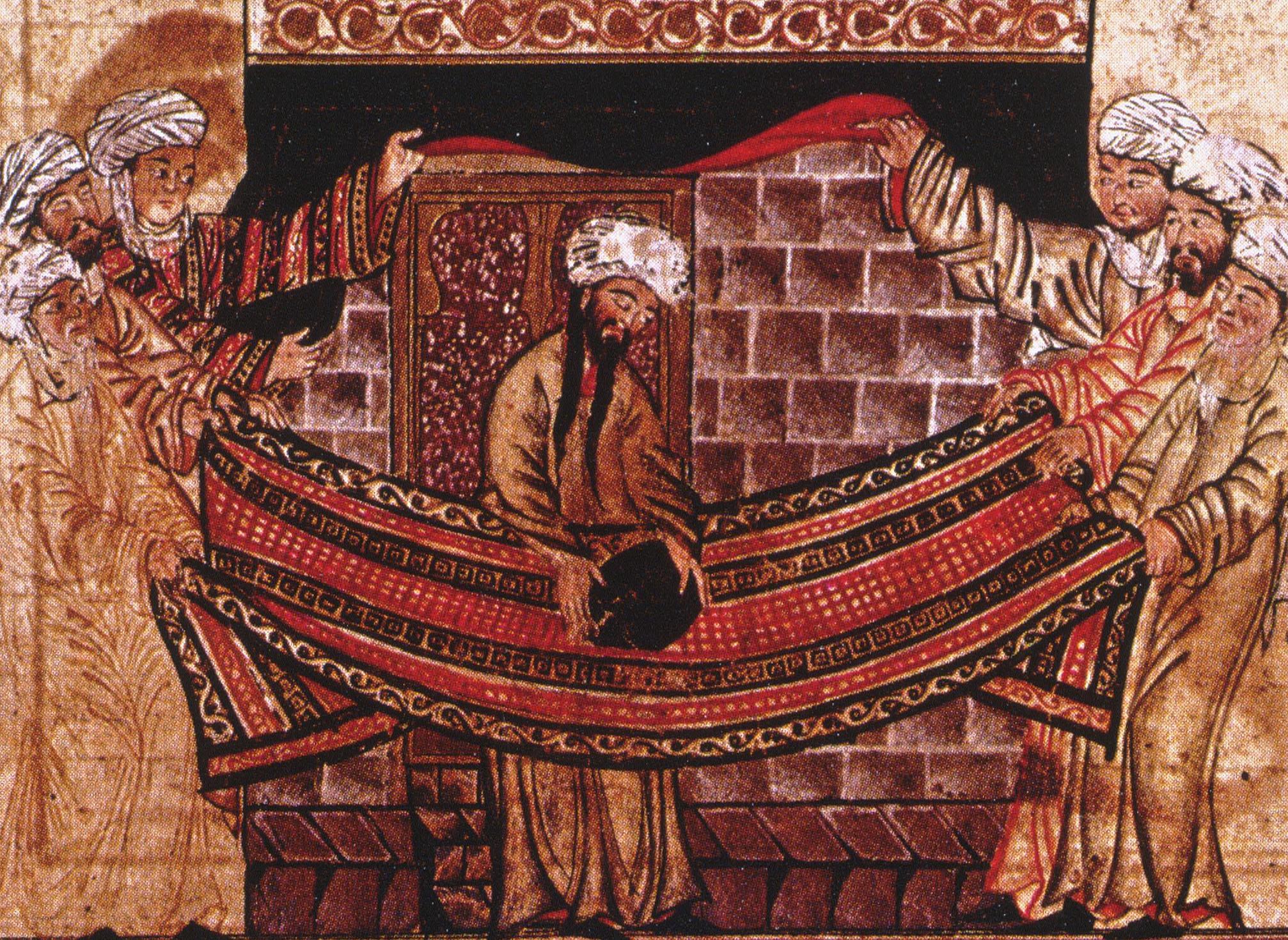
Islamic Philosophy: Allāh as the Final Cause
One cannot properly explore the evolution of metaphysics and theology in Western civilization and its metamorphosis into science, without having some level of understanding of its development and evolution after the so-called fall of the Roman…
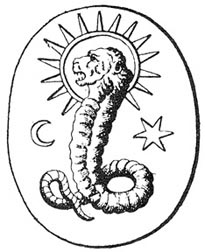
Early Christian Theology: Jesus, Gnosis, and Logos
With the Hellenic philosophic tradition and culture firmly planted in the Mediterranean in the last few centuries BCE and the first century CE, we see a drastic shift in theological and philosophical thought as sages, mystics and philosophers…
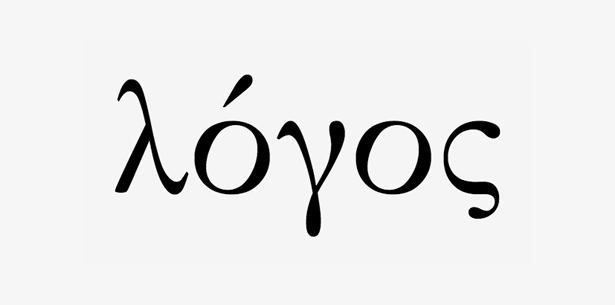
The Seeds of Christianity: The Hellenization of Judaism
Two of the most influential Greek philosophical traditions in antiquity, in both the Hellenic period as well as the period of Roman influence and domination, were Stoicism and Epicureanism, the former of which exerted considerable influence…
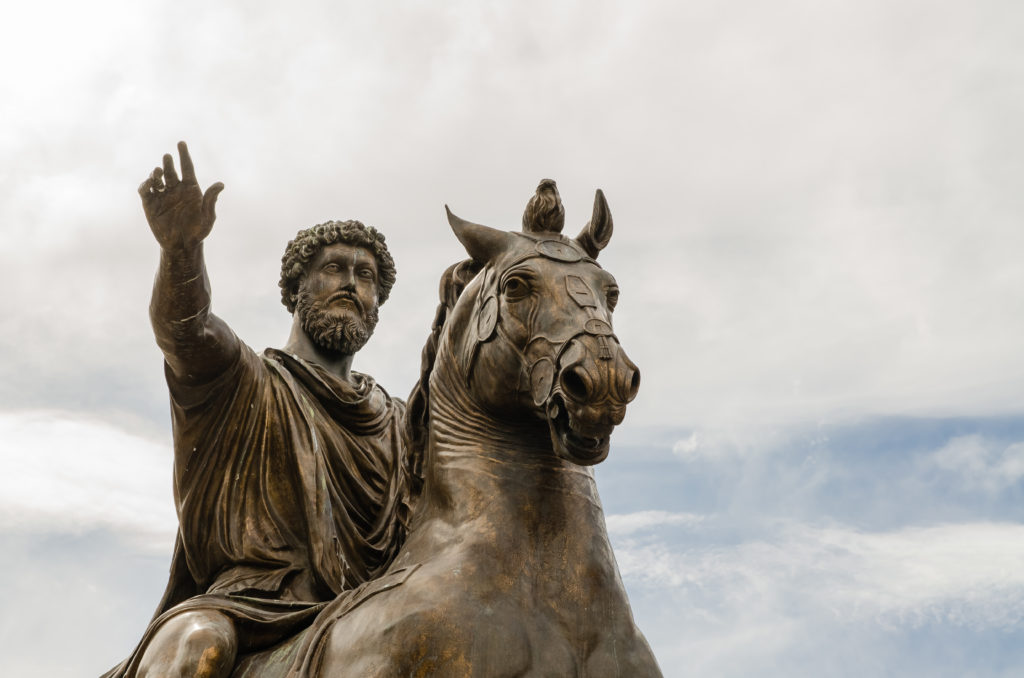
Stoicism: Naturalism, Corporealism and Logos
In the period of philosophical development that arose as the influence of the Greek culture bled into the period of Roman/ Latin dominance in the Mediterranean and Near East, both the Stoic as well as the Epicurean philosophic schools rose in…
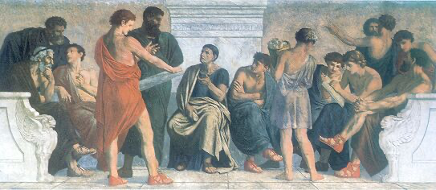
Aristotle’s Metaphysics: Causality and Theology in Antiquity
Aristotle is arguably one of, if not the, most influential philosophers in the history of Western civilization, outlining in painstaking detail not only a fully formed and comprehensive system of reason and logic, but also a comprehensive system…
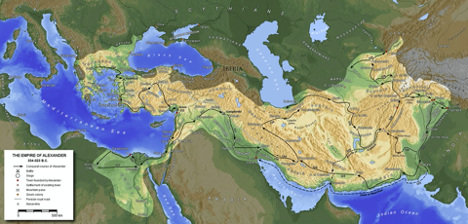
Hellenic Theo-Philosophy: From Mythos to Logos
So from what intellectual and socio-political and cultural context did the works and schools of Plato and Aristotle emerge? Where did their ideas come from, even if they are altogether unique in their language, tenets and ideas and even if…
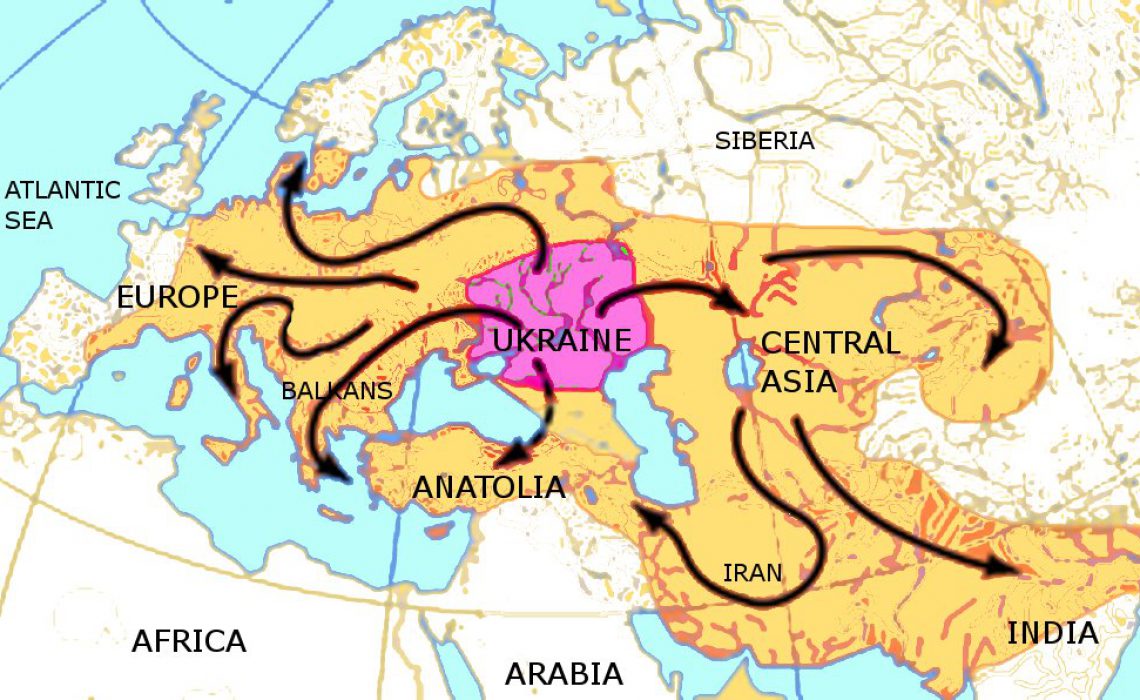
The Indo-Europeans: The Grandparents of Philosophy
There has been and continues to be much scholarly debate as to what extent the classical Greek philosophical tradition, what we call Hellenic philosophy herein, which classically begins with a study of the so-called “Pre-Socratics”, the…
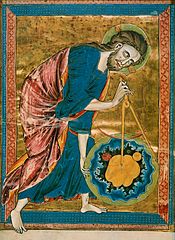
Logos from Mythos: The Heart of Eurasian Philosophy
At some level, a religious tradition can be thought of as distinguished by, or even defined by, its creation story – i.e. its cosmological narrative - and the Hindu/Vedic tradition is no different in this regard although it has many nuances…

Indo-European Philosophy: On the Soul
There are many parallels that can be drawn between early Hellenic and Upanishadic philosophy. In particular, we find many similarities between the philosophy presented by Plato in his Middle Period as he developed and fine-tuned his theory…
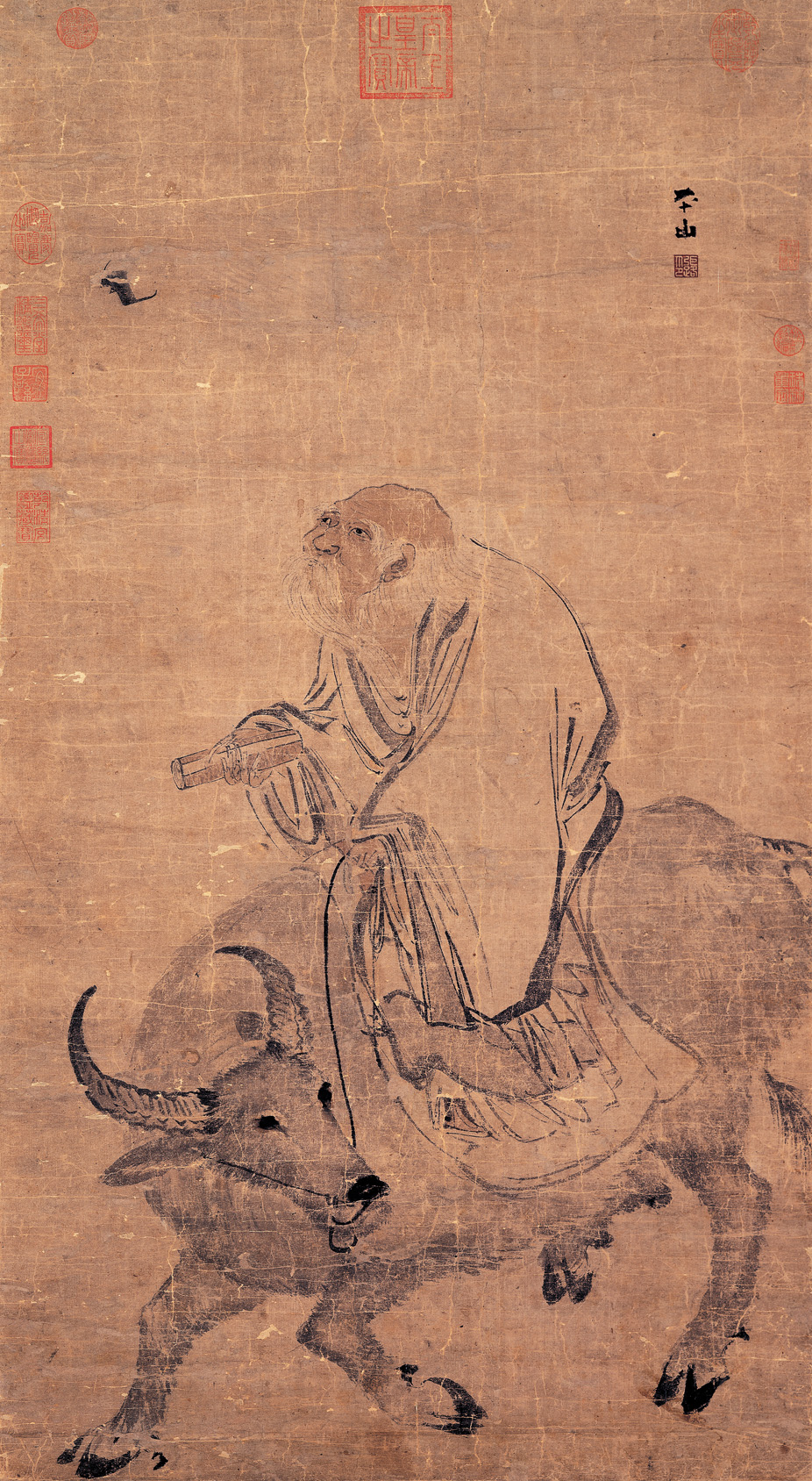
The Lǎozǐ and Zhuangzi: Daoism and the Way of Virtue
As the Confucian school was referred to as Rújiā, the Daoist school was referred to as Daojiā, each called out as one of the six main philosophical schools during the Warring States Period to the Early/Former Han. While a Daoist “canon”…
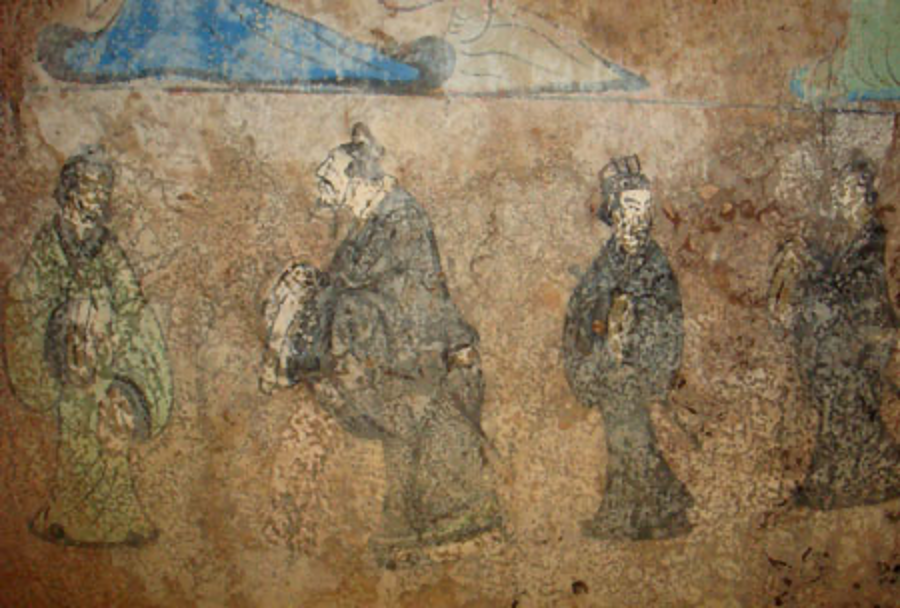
Early Chinese Philosophy: The Humanism of Confucius
The classical period of ancient Chinese philosophy runs from about the 6th century BCE till the 2nd century BCE and is marked by the proliferation and flowering of many varying philosophical schools, an era in Chinese history referred to (by…
